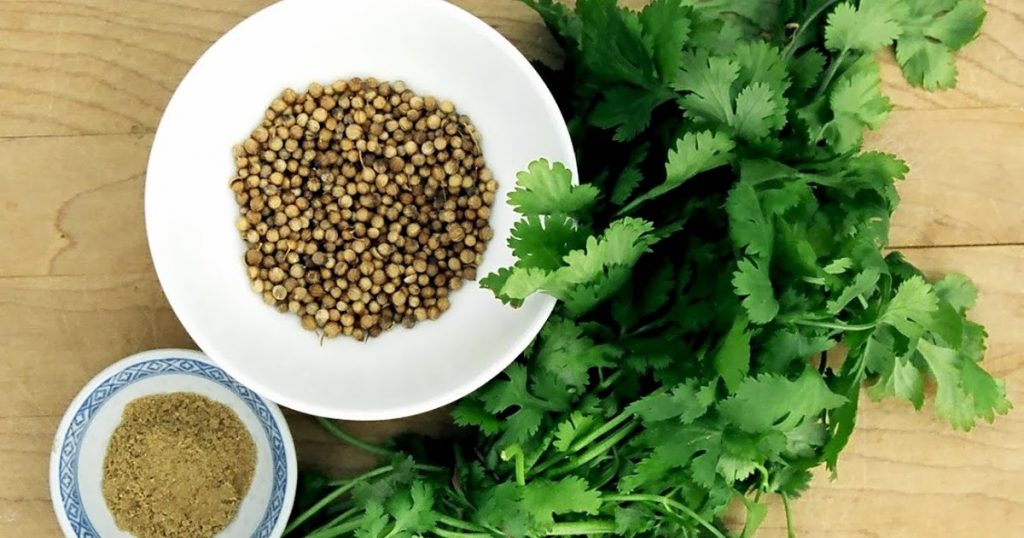
What is Coriander?
Coriander (Coriandrum sativum) is both a herb and a spice (as both leaves and seeds are used) that causes much contention. If you come from the US, you may call the leaves cilantro and the seeds coriander, but in Europe, the entire plant is called coriander.
The seeds tend to taste fragrantly of sage and citrus peel, while the leaves have a lighter, fruity flavour, that is equally powerful. For some people, coriander tastes like soap and others love it and this is due to genetics. These ancient seeds were used to preserve meats, but also medicinally as a digestant and stimulant.
 Under the Spotlight
Under the Spotlight
- The seeds contain essential oils with healing properties
- A dislike of the herb may be due to a variant in one of your odour-detecting genes as reported by the 23andMe research survey
- A very rich source of vitamins A and K
- A good source of manganese, magnesium, calcium, iron and potassium
Nutritional Benefits
- The essential oils in coriander seeds makes it a powerful digestive aid and anti-inflammatory
- Research has also shown it to be antimicrobial and anti-anxiety
- It has the ability to lower cholesterol, by helping the body convert cholesterol into bile, an important factor in fat digestion
- Potassium is an important component of cell and body fluids that helps regulate heart rate and blood pressure. Iron is essential for red blood cell production
- The human body uses manganese as a co-factor for the production of the antioxidant enzyme, superoxide dismutase
- Vitamin A is an important fat-soluble vitamin and antioxidant, required for maintaining a healthy mucosa and skin and is also essential for vision
Start Now!
- Sprinkle your food with some coriander leaves as a garnish
- Mix coriander seeds in a traditional Indian drink called chai to use as a digestive aid
- Test your genetic predisposition for hating coriander with a reliable laboratory or through your nutritional therapist
- Introduce coriander gradually until you learn to like it…stranger things have happened!
Recipe Challenge
Join our Recipe Challenge and make a recipe from this and the other three Veggies of the Week in this month. We’ll be choosing a recipe randomly and turning it into a video. Find out more here!


